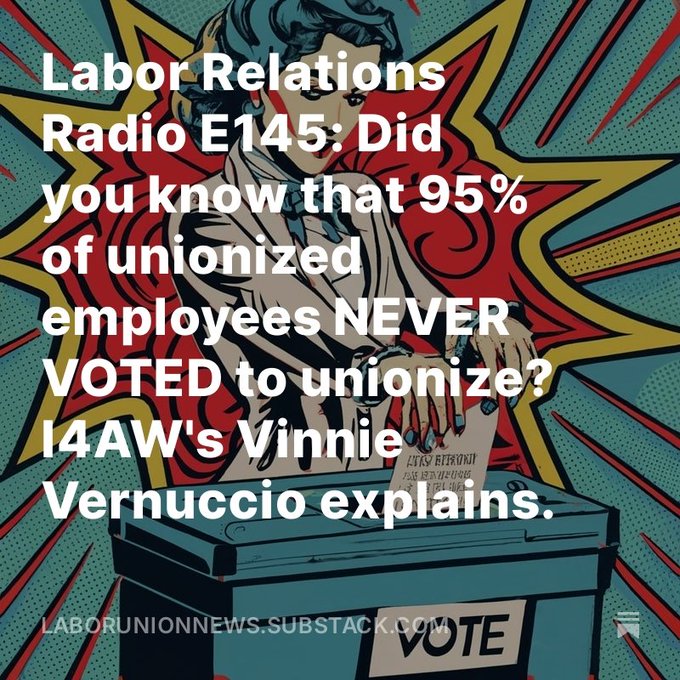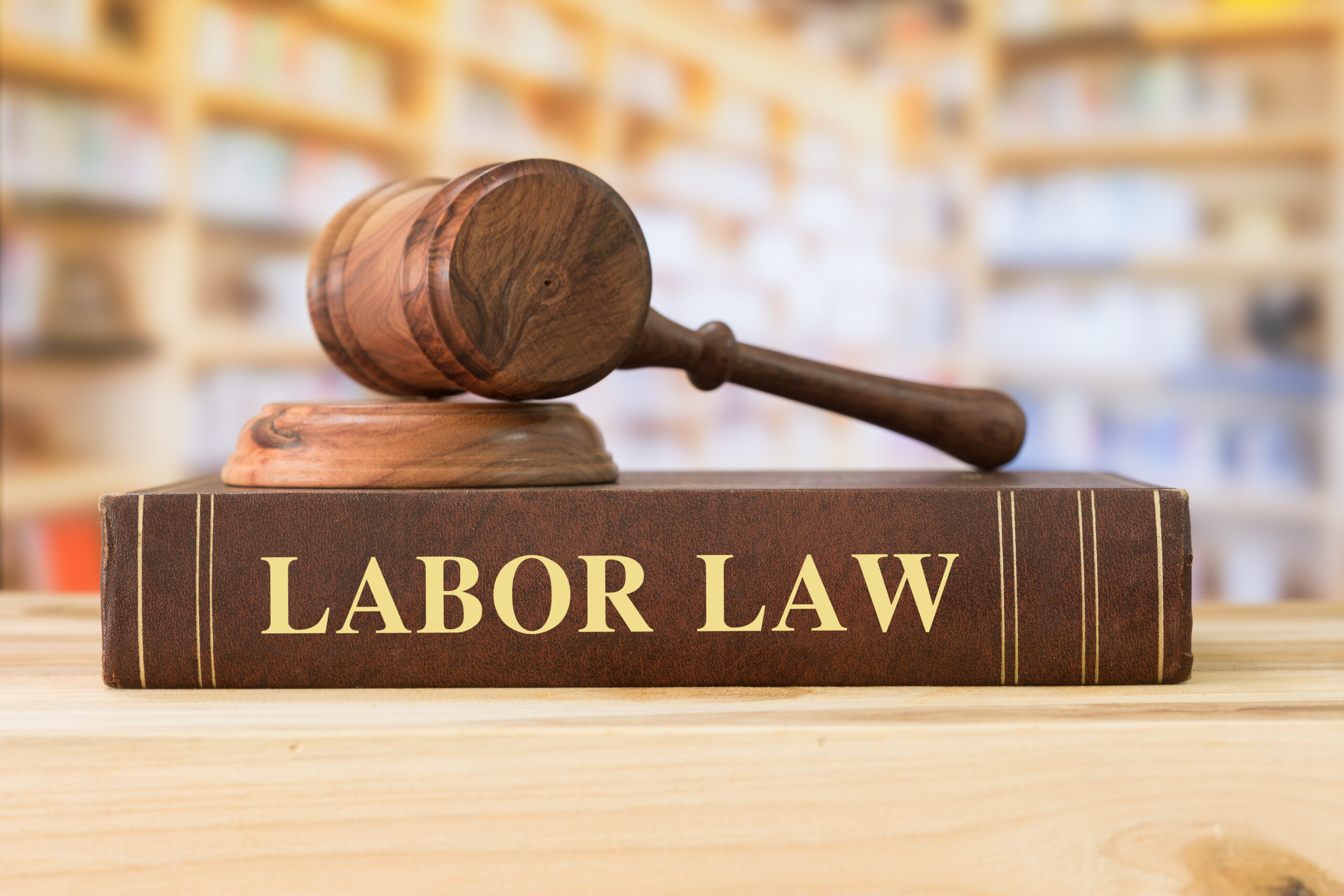Posts tagged Employee Free Choice Act
‘With you or without you’ – The growing rift between unions and Democrats
June 21, 2025 // O’Brien said that, during a meeting he had in the summer of 2024 with unnamed Democratic senators and three other major union leaders, he opposed bringing up the Protecting the Right to Organize (PRO) Act for a Senate vote ahead of the election. This was despite the PRO Act being a wish list of union priorities. O’Brien assumed that a vote at that time would have been an act of political theater, not a serious bid to get the legislation through the Senate. That would have suited Democrats, who could claim that they voted in support of unions, without actually benefiting them. “They wanted to introduce the PRO Act, and I’m like, ‘It’s never gonna pass,’” O’Brien told Walsh. “I had a sidebar with these three other general (union) presidents and I said, ‘They’re using this as an issue to weaponize it.’” O’Brien said that the “weaponization” of the legislation made it politically toxic and therefore impossible to get enough bipartisan support.
Hawley Sells Moreno on Government Control of Private Contracts
February 7, 2025 // PunchbowlNews has reported that Senator Bernie Moreno (R-OH) is cosponsoring one of the bills based on Senator Josh Hawley’s (R-MO) recently released legislative framework implementing a “new direction” for Republican labor policy, which ironically appears to consist entirely of provisions stolen from Senator Bernie Sanders’ (D-VT) Protecting the Right to Organize (PRO) Act (S 567, HR 20, 118th Congress) and Senator Markey’s bill that brings the warehouse sector under government control and creates a new subagency at the Department of Labor (Warehouse Worker Protection Act, S 5208, 118th Congress). The framework is expected to be broken down into five pieces, and Moreno is reportedly cosponsoring the legislation that would implement government control over management-union contract negotiations. The legislation, the Faster Labor Contracts Act, requires employers and unions to begin negotiating collective bargaining agreements within 10 days after a union wins a representation election and execute their agreement within months

Labor Relations Radio E145: Did you know that 95% of unionized employees NEVER VOTED to unionize? I4AW’s Vinnie Vernuccio explains.
September 4, 2024 // As Americans, every two, four, or six years, we head to polls to cast our ballots for who we want to represent us. For unionized workers in the private sector, the vast majority never voted to unionize. According to a new study [in PDF] by the Institute for the American Worker (I4AW), 95 percent of private sector union workers under the National Labor Relations Act (NLRA) are represented by a union they have never voted for.
WMKT Special Edition Interviews Vinnie Vernuccio: RNC Labor Speech
July 30, 2024 // Vinnie Vernuccio, President and Co-founder of the Institute for the American Worker joins the show to discuss the fallout from Teamsters Union President Sean O'Brien's speech at the RNC convention.

Lawmakers Should Not Let a Lame Duck Pack the NLRB
July 28, 2024 // For instance, on her watch, Chair McFerran has allowed workplace discrimination to be weaponized for pro-union activities. This decision has subjected workers to traumatizing harassment, while simultaneously barring employers from intervening. According to a report by the Institute for the American Worker, McFerran’s NLRB has used Section 7 of the National Labor Relations Act (NLRA) to excuse “racist rhetoric, sexist harassment, and vulgarity in the workplace, as long as it takes place in the context of ‘union activity.’”

My job, my choice: The National Labor Relations Act does not require unionization
September 7, 2023 // “[A]mbiguities of language and the absence of enforcement powers [in the NIRA] have enabled a minority of employers to deviate from the clear intent of the law and to threaten our entire program with destruction,” Wagner said in a March 11, 1934, New York Times op-ed. He repeatedly stressed it had to be the individual worker’s decision to join a union, and bristled at the claim that the Recovery Act pushed workers into unions. “[T]his bill does not do anything of this kind except that it does make a worker a free man so he may decide whether he wants a union or not,” and, Wagner said during the Senate hearings on the legislation, “if he wants one, what particular union he wants to represent him, or whether he wants to remain unorganized.” The text of the NLRA does state that federal policy favors “encouraging the practice and procedure of collective bargaining,” but those words are almost always taken out of context. They follow a long preamble about “eliminat[ing] the causes of certain substantial obstructions to the free flow of commerce.”

House-Passed ‘America COMPETES Act’ Contains Union Neutrality, Card Check and Binding Arbitration
February 7, 2022 // The COMPETES Act contain provisions of the PRO Act, as well as the now defunct Employee Free Choice Act
House Democrats Sneak Pro-Union Measure Into Anti-China Bill
February 3, 2022 // House Democrats on Tuesday tucked an amendment into a bill aimed at helping American businesses compete with China that would bolster unionization efforts at manufacturers that receive government grants.
